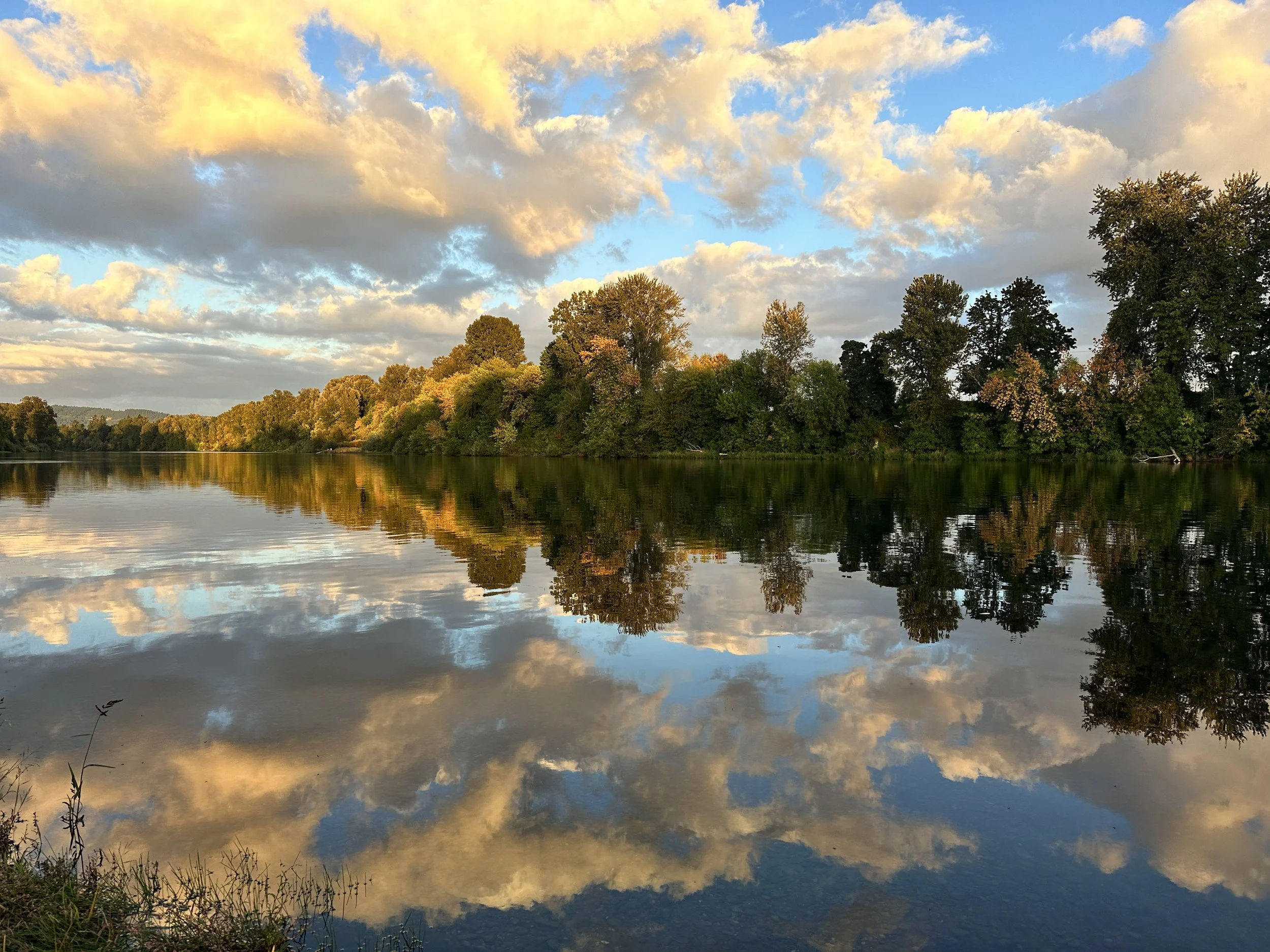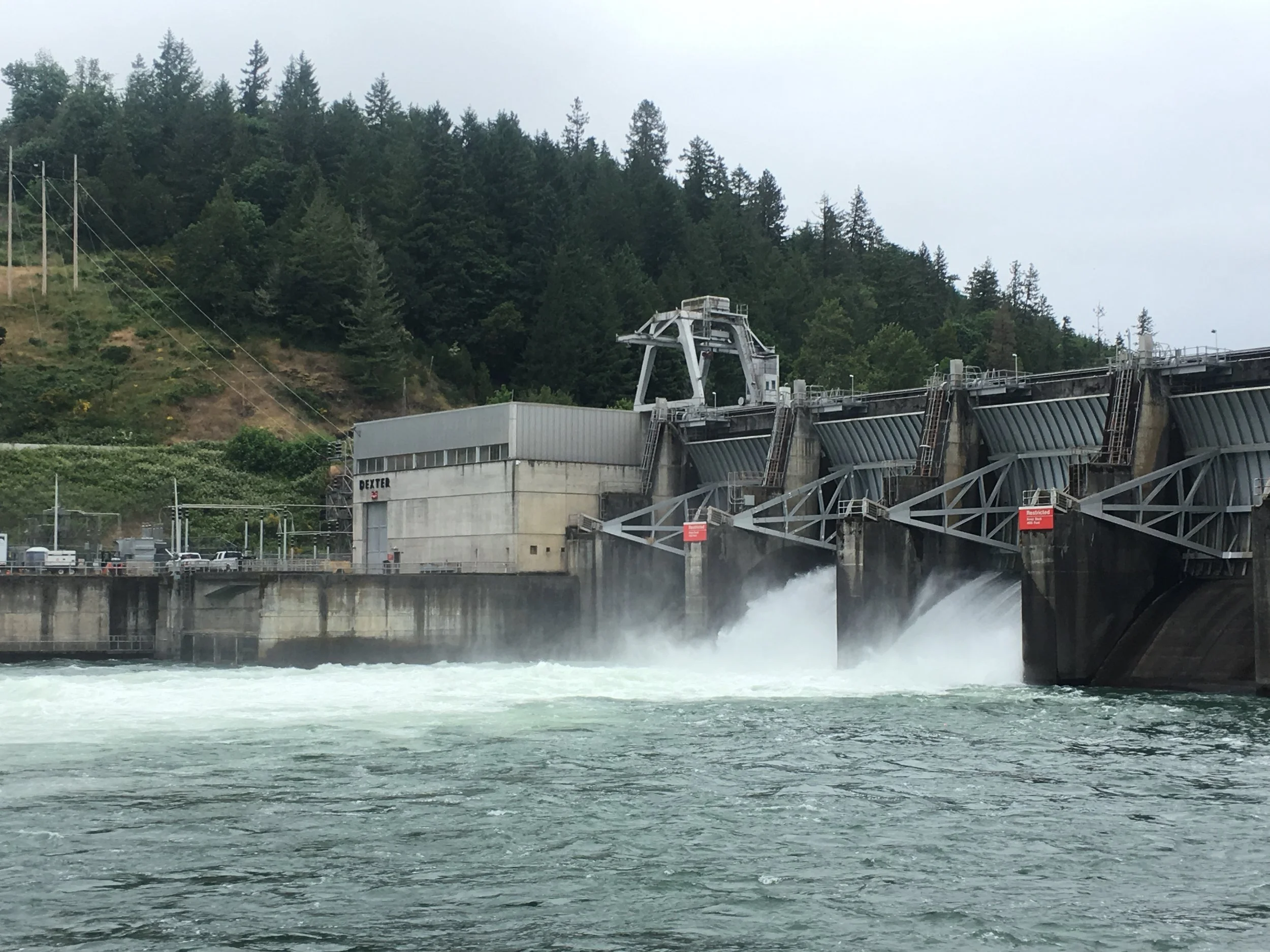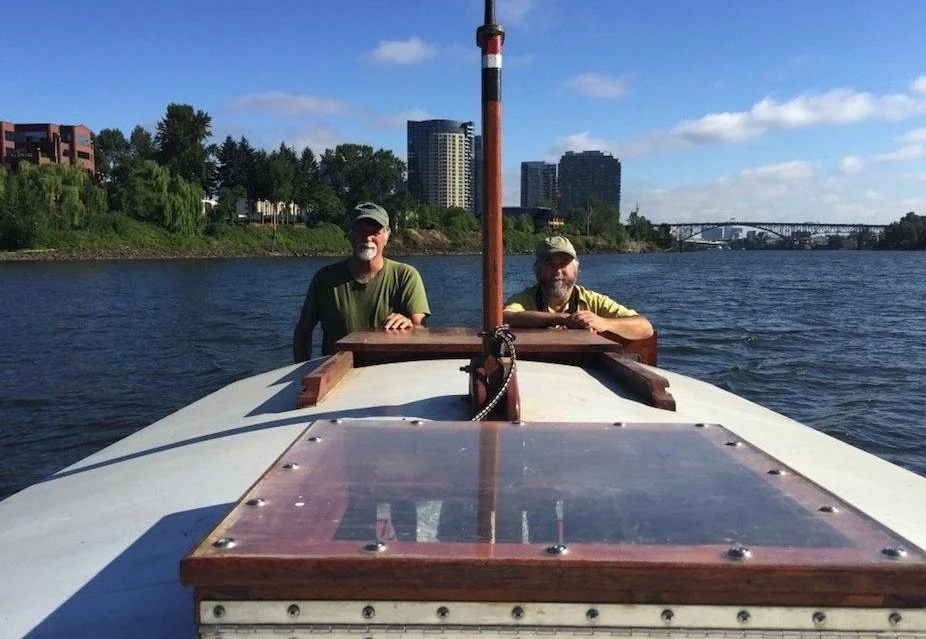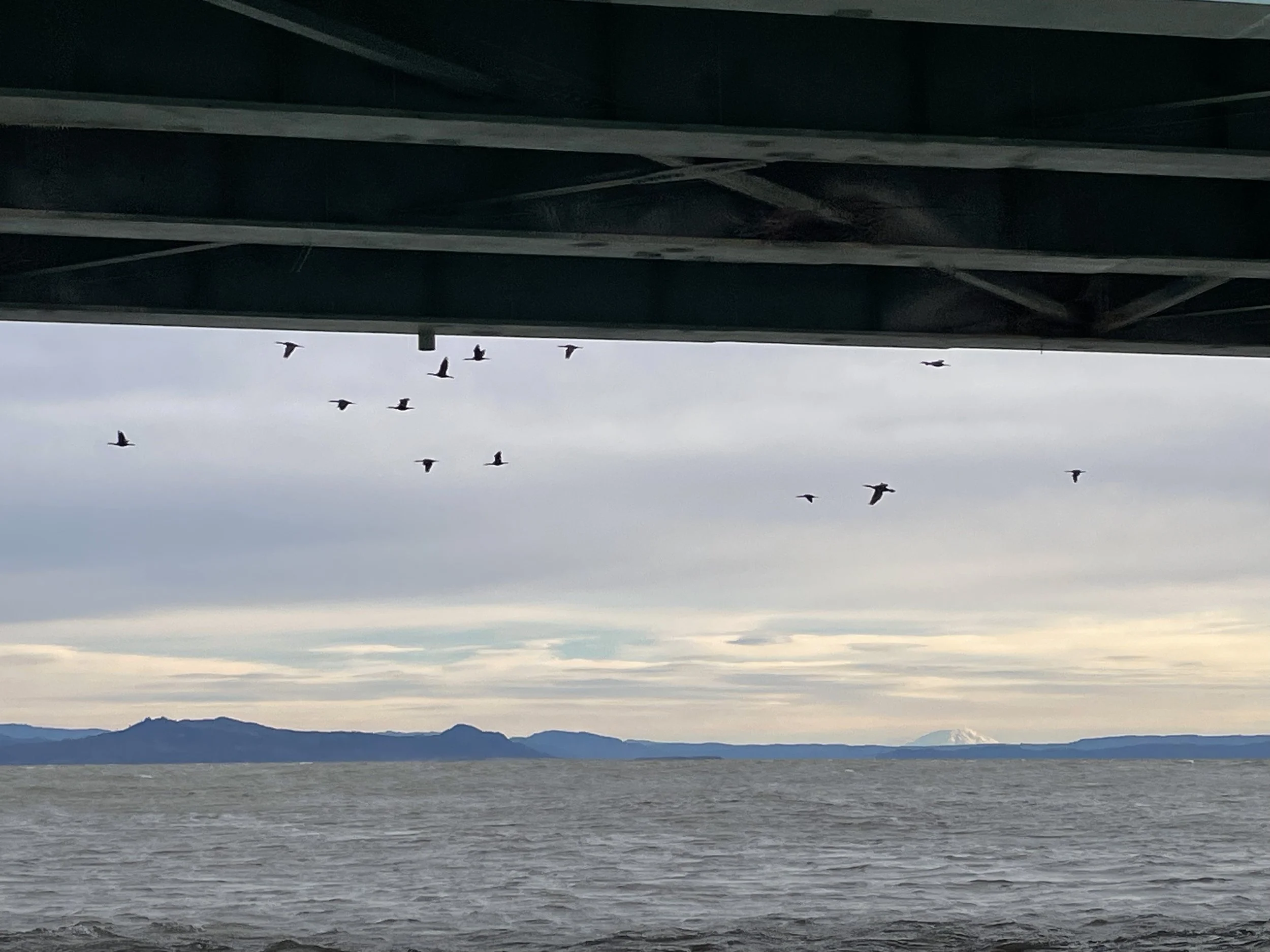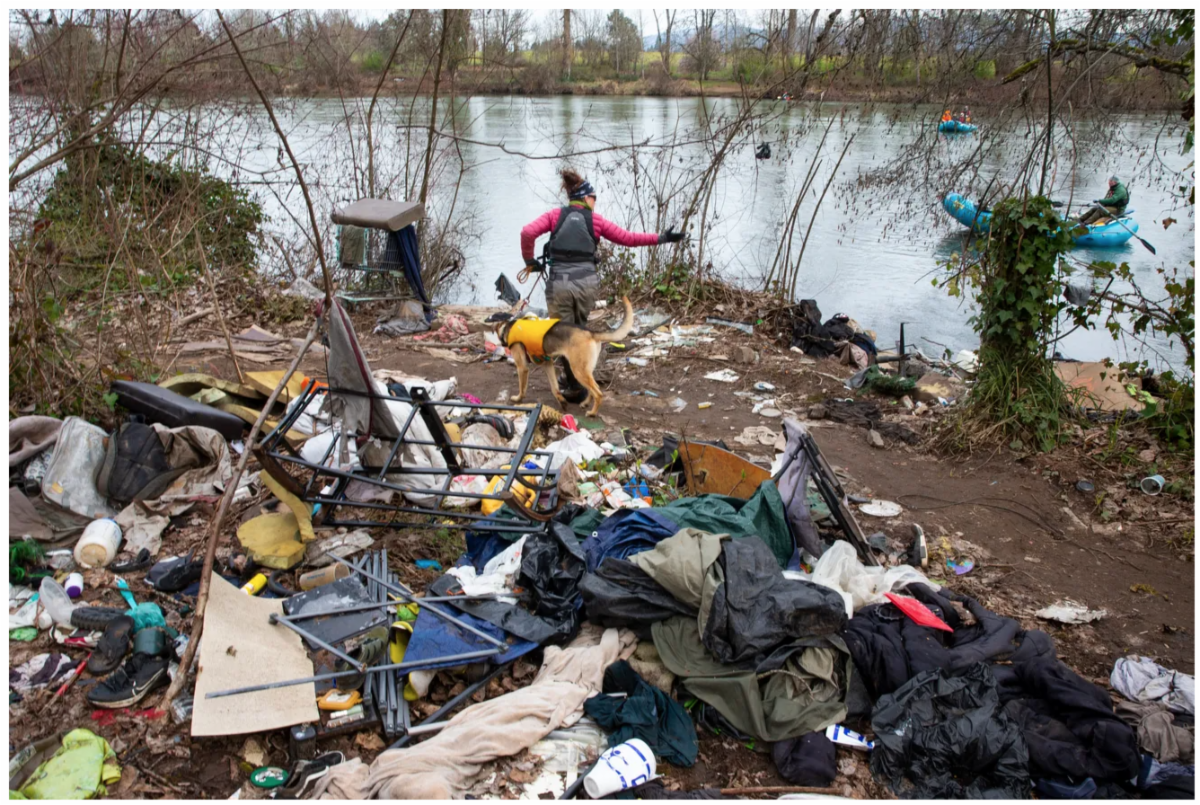In an ideal world a group like Willamette Riverkeeper could spend all of its time and resources advancing new visionary environmental programs. Unfortunately we don’t live in an ideal world and we often also have to devote resources to fighting efforts to rollback our existing environmental protections. Those moments often flare when there is a crisis that can be exploited by developers and industrial interests as a pretext to go after environmental regulations. We are in one of those moments right now.
Nobody can credibly question that Oregon is enmeshed in a deep housing crisis. It has been a crisis that has been decades in the making, in part due to failed public policy that put the interests of developers ahead of the interests of the communities in which they worked. Unfortunately, powerful development interests have seized this moment to advance some of the biggest assaults on environmental regulations that we have seen in Oregon and befuddled politicians have been all too willing to go along for the ride. It has become standard fare in meetings with political leaders to hear them acknowledge that the environmental regulations they are seeking to undermine have little or nothing to do with the crisis at hand, but “we need to do something.” Environmental regulations have become the proverbial scapegoats and sacrificial lambs of the current housing crisis.
This is a double whammy, because at the same time that we have a housing crisis, we also have a climate crisis. Heat domes, flooding and other extreme weather events are becoming increasingly common in Oregon and in communities across the United States. We are learning the hard way that we must do more, double and triple down, on our efforts to make our urban and suburban landscapes more climate resilient. We must plant more trees, do a better job of protecting floodplains and wetlands, green our streets and our buildings, expand our system of natural areas and environmental setback, do more to protect air and water quality... These are things that are essential to making our communities more resilient. We also know that it is our most vulnerable and marginalized communities that bear the biggest brunt of the current inadequacies of existing environmental protections and green infrastructure.
At the state level, Governor Kotek brought forward HB 3414 during the 2023 legislative session. This bill would have exempted all housing developers across Oregon from virtually all local environmental regulations. Without any hyperbole, HB 3414 represented the single biggest assault on Oregon’s land use regulations since the system was put in place 50 years ago. Willamette Riverkeeper was the first conservation group to publicly oppose the governor and we have remained in the leadership of the opposition since that time. After losing by a single vote in the final hour of the 2023 session, the Governor vowed to bring back HB 3414 in the 2024 short session. Since that time, her Housing Production Advisory Committee (HPAC), which is dominated by development interests, has produced a series of horrific environmental rollbacks including lifting protections for isolated wetlands and exempting developers from protecting trees or environmental zones. Wilamette Riverkeeper along with several other conservation groups has been meeting weekly with the Governor’s staff and we are hopeful that she is beginning to recognize that there is a better path forward. We are hopeful that she will eliminate any environmental rollbacks from her 2024 legislation and instead advance a proposal that recognizes that we must advance legislation that promotes both affordable housing and climate resilience: It is a “both/ and…” not an “either/or…”
At the same time that we may be rounding the corner at the state level, the City of Portland has launched its own set of attacks on the environment. In recent weeks, the City has substantially weakened a “Floodplain Resilience Plan” which would have better protected high hazard flood areas, at the behest of giant development interests such as Zidell, OHSU and Prosper Portland. It has also brought forward an emergency housing ordinance that would suspend green roof, bird friendly building and bicycle parking requirements until 2029. The basis for these suspensions is not sound data showing that it would have any impact on affordable housing what-so-ever, but rather a survey that Commissioner Rubio’s office sent to developers asking them which regulations they would most like to suspend or eliminate. At a time when the City pays continual lip service to doing better on Climate, we need political leaders who are actually committed to substantively advancing climate policy and projects on the ground that actually make a positive difference.
Willaette Riverkeeper is in the forefront of fighting these rollbacks. We will continue to oppose any effort to pit housing against the environment. At a time when powerful development interests and compliant political leaders are trying to pit housing against the environment, we need a new vision. We need a vision that recognizes that we have a dual crisis, climate and housing, and we need solutions that work synchronistically to create green, affordable, climate resilient communities.
FOR MORE INFORMATION OR TO GET INVOLVED IN ADVOCACY EFFORTS, PLEASE EMAIL BOB SALLINGER, URBAN CONSERVATION DIRECTOR AT WILLAMETTE RIVERKEEPER.

